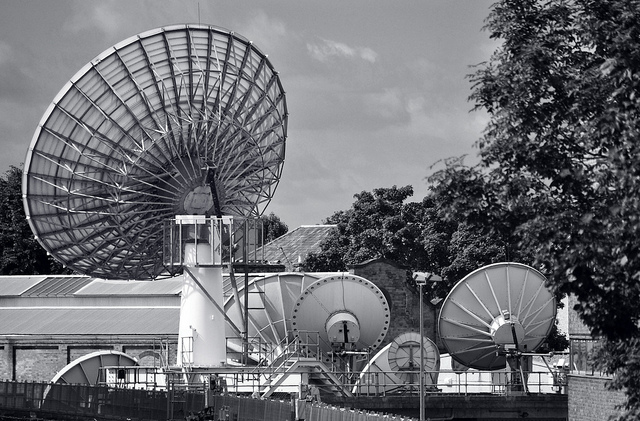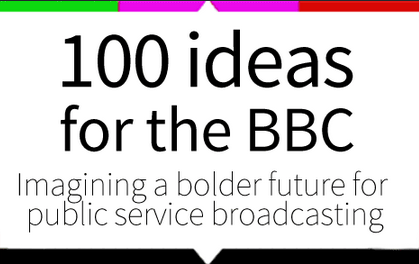The case is building for an end to BBC 'balance'
The BBC is required to provide impartial analysis of public affairs. It invented “balance” to avoid this obligation. It has been found out; it must mend its ways; or else.
The case is building for an end to BBC 'balance'
The BBC is required to provide impartial analysis of public affairs. It invented “balance” to avoid this obligation. It has been found out; it must mend its ways; or else.
2015 Election
Inside the BBC
Can we trust the BBC?
Participation & Exclusion
- 1 of 11
- ››




.jpg )













